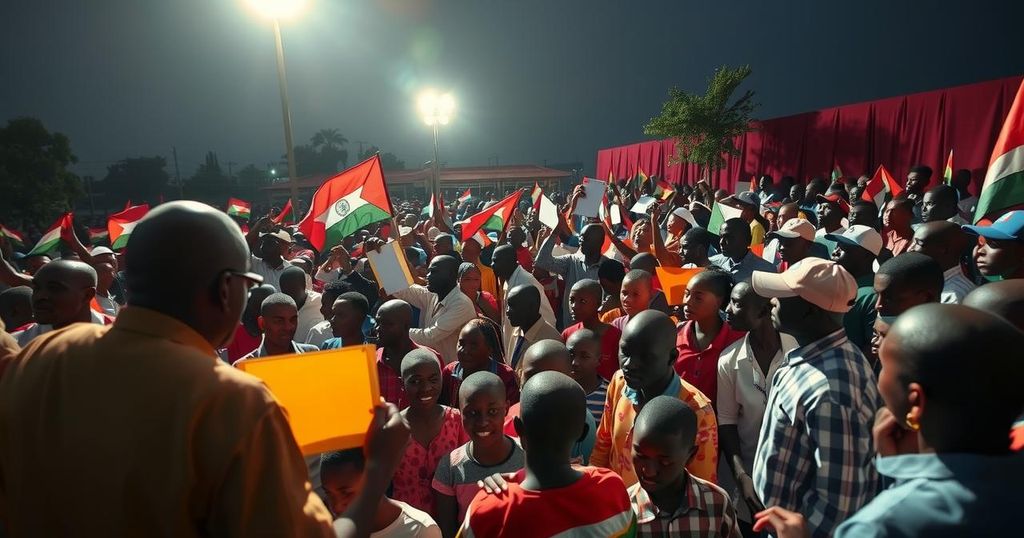Botswana faces pivotal elections on October 30 amidst rising unemployment, declining satisfaction with democracy, and rampant concerns about corruption. The longstanding ruling party, the Botswana Democratic Party (BDP), seeks to maintain its dominance, yet public faith in the political process is waning. As political rivalries overshadow meaningful governance, the country must regain its commitment to democratic values and address its socio-economic challenges to secure its future success.
Botswana stands on the precipice of crucial elections scheduled for October 30, facing significant challenges that extend beyond political rivalries. The leadership must foster trust with the populace and fulfill its commitments to uphold democratic and developmental strides. With soaring unemployment and a stark decline in citizen satisfaction with democratic processes—down by 40 percent over a decade—concerns regarding corruption loom large, to the extent that nearly 80 percent of Batswana perceive potential corruption among presidential officials. Having transitioned from grave underdevelopment at independence in 1966 to a stable, democratic upper-middle-income state, Botswana’s remarkable progress appears threatened. This predicament is not solely a result of internal mismanagement; external factors such as the downturn in the diamond industry and exacerbating climate-related droughts complicate matters. The leadership’s sluggish approach to address income disparity and economic diversification, mired in indecision and ineffective infrastructure upgrades, contributes significantly to the malaise. The political landscape is further characterized by a yearning for change as the Botswana Democratic Party (BDP) prepares to contend for another term—having governed for nearly sixty years. However, a splintered opposition coupled with systemic advantages for incumbents likely points to a continued BDP leadership. Diminished beliefs in the electoral system’s capability to enact accountability only serve to amplify societal cynicism regarding democracy. The longstanding discord between President Masisi and former President Ian Khama has underscored a political environment driven by personal animosities instead of national progress. Despite Masisi’s previous assertions of his dedication to democratic principles, the political milieu remains dominated by individual egos, threatening to undermine Botswana’s reputation as a model of effective governance.
Botswana has notably transitioned from one of the poorest nations at independence to a leading democratic and economically viable country in Africa. This evolution has been characterized by robust economic policies and a reputation for sound governance. However, recent years have seen a worrying decline regarding public trust in democratic institutions and increased apprehensions about corruption within leadership circles. With elections approaching, the efficacy of the electoral process and the popular demand for change reflect a critical juncture for Botswana.
In summary, Botswana’s impending elections present an opportunity for the leadership to address pressing societal concerns, rebuild trust with citizens, and commit to overcoming the longstanding issues of political rivalry and corruption. The choices made in the upcoming elections will significantly influence the future trajectory of Botswana’s democracy and development. The imperative for constructive governance and true accountability has never been more evident, as complacency risks eroding the nation’s hard-won progress.
Original Source: www.africa.com






